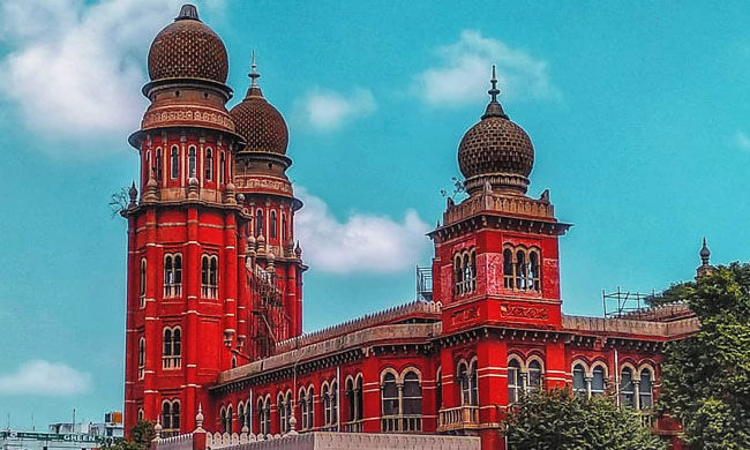The Madras High Court, consisting of Justice R. Ramdevan and Justice Mohammed Shaffiq, has held that the assessee is entitled to avail cenvat credit of the service tax already paid but the assessee was unable to claim due to a transitional provision that has come into effect from 01.07.2017.The respondent/assessee is engaged in the manufacture of GI Tower Parts, ERW Black and GI...

